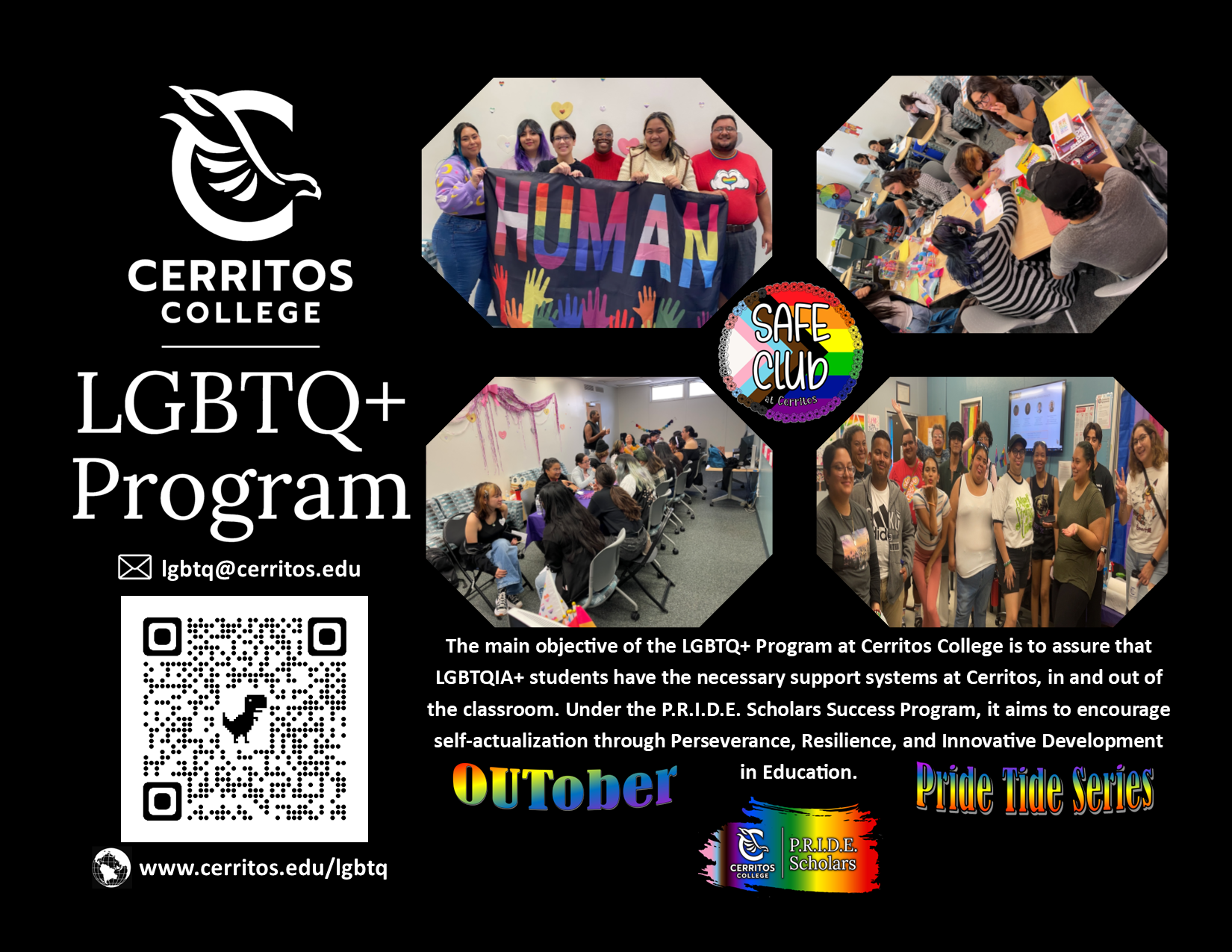It is without a doubt that video games have the ability to affect our minds. Even if you don’t believe it, there are more than a few people that do.
With the countless studies conducted on the possible links between video games and negative behaviors, such as aggression and addiction, it is beyond a reasonable doubt that video games have effects on the brain.
Although some say these effects are purely negative, there is a strong case for the benefits to be gained from video games.
It’s 1996 and my mum just got me a Sega Genesis and Sonic the Hedgehog 3. Since the time I took that kidney-bean controller in my hands, I have never stopped playing video games.
As a kid in Brooklyn with little access to other hobbies or activities, video games became my primary means of entertainment, and throughout my many years of playing, there has been one big problem with my favorite medium: the huge amount of negative news and opinions that has been following video games.
Ever since the first Mortal Kombat’s unique brand of mega-violence hit arcades in 1992, there has been a steadily increasing amount of complaints and controversies surrounding video games, with violent video games being the main target.
Although not every video game is a violent one, it seems these are the only games that get any sort of attention from the mainstream.
Does anyone remember Tetris? You know, the old puzzle game created in 1984 that now, 26 years later, is included in almost every cell phone’s game library?
This game has been a part of some of the most groundbreaking cognitive and brain physiology research.
In 1992, the same year Mortal Kombat came out, a neuroscientist at UC Irvine named Richard Haier conducted a study using the game Tetris to see how, if at all, it would affect the brains of the players.
Using the limited brain-scanning technology available at the time, Haier discovered that players used less glucose in their brains as they became more skilled at the game over time.
Meaning, the more they played, the easier it became for them to solve these spatial puzzles, and thus their brains used less energy. In essence, they were exercising their minds.
But that was not the end of Haier’s research. Seventeen years later, in 2009, Haier decided to conduct the same study but with magnetic resonance imaging, or MRI scans– higher-end technology that wasn’t available to the neuroscientists of the 90’s.
Out of 26 adolescent girls, 15 were tasked with playing Tetris for an hour and a half every week for three months, while the other 11 girls were told to avoid video games altogether.
Once they were brought back in for monitoring, Haier found the girls that played Tetris showed an increase in efficiency in areas of the brain linked to critical thinking, language, reasoning, and information processing.
Not only that, but these girls also showed thickening of brain tissue in areas linked to planning of complex movements and coordination of sensory information. Where’s the big news story on that?
Tetris isn’t the only game that possesses this capacity for improving brainpower. As a matter of fact, the number of games that can strengthen our mind and increase its efficiency is quite vast.
Another familiar game series, Call of Duty, also serves to help the mind, despite the ridiculous displays of violence it’s known for.
Action games like the Call of Duty series have been shown to improve peripheral vision and contrast sensitivity in adults.
Contrast sensitivity, for those unaware, is the ability to discriminate between fine shades of grey. This is a great benefit to anyone that drives a car, as well as anyone in a dangerous line of work, such as law enforcement, the military, or firefighting.
Another benefit comes from the repetitive nature most games have. With the formulaic system of completing objectives and goals; solve the puzzle, find the key, defeat the boss, and on to the next level.
According to Dr. Douglas Gentile, head of media research at Iowa State University, this repetition makes anyone that plays video games inclined to long-term potentiation, or LTP. This is a good thing since LTP is considered to underlie learning and memory usage in the brain.
So you can actually gain a heightened sense of vision, an increase in learning abilities, improved dexterity, and more efficient memory usage from playing video games; looks like mom was wrong about all those games rotting your brain.










